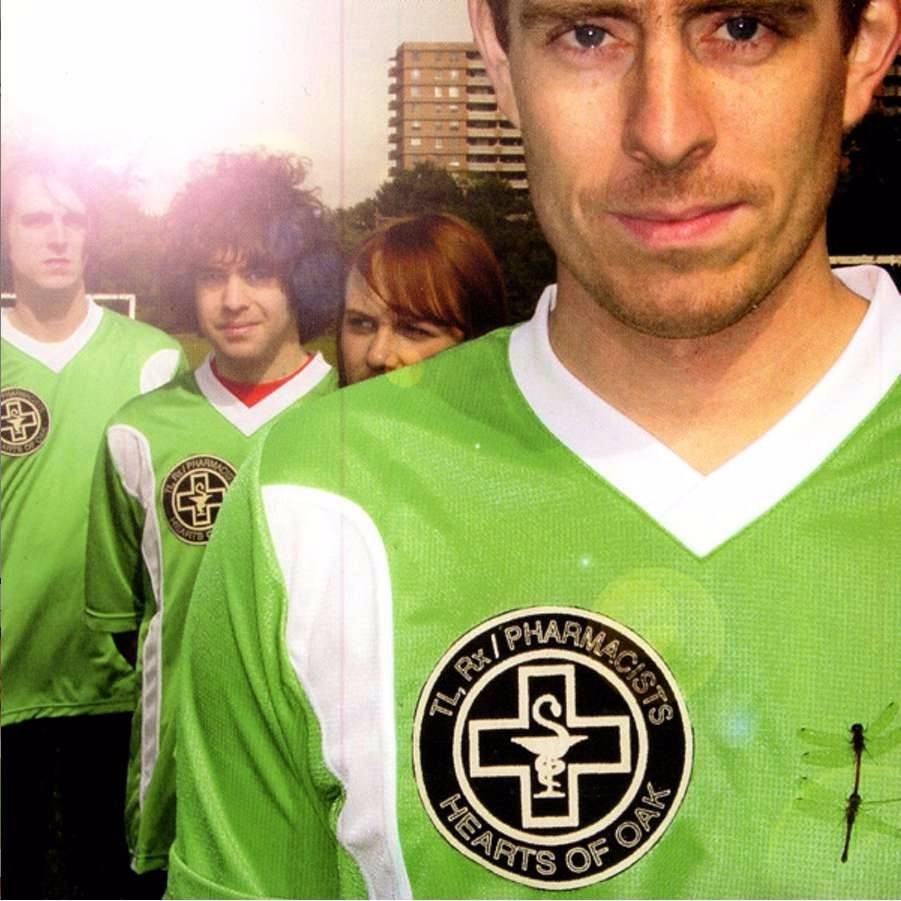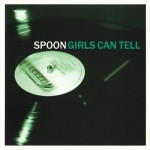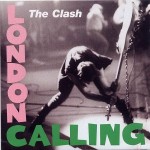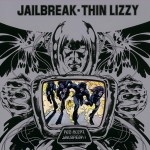Ted Leo & The Pharmacists : Hearts of Oak

Ted Leo’s background is in punk. His began his career as a teenager, playing as a member of the New York hardcore outfit Citizens Arrest. Later on he brought that DIY spirit to the lo-fi indie rock of Chisel, and at every point in his career there’s been more than a twinge of punk influence to everything he’s released. He writes raw, taut, guitar-driven songs that speak to a genuine human struggle, as well as a pretty nerdy love of music itself. But Ted Leo isn’t here to be a punk—he’s out to make the next great rock ‘n’ roll album.
To be fair, Leo already did that once. Ted Leo and the Pharmacists‘ 2001 full-length The Tyranny of Distance had the scope and magnitude of a genuine epic, its songs a blend of giddy power-pop hooks and soaring grandeur on tracks such as “Biomusicology” and “Timorous Me.” But Hearts of Oak takes that a step further. The production quality has been polished up a bit, and the reference points even more ambitious: Thin Lizzy, Dexy’s Midnight Runners, The Jam, The Clash, Elvis Costello—basically the entire UK canon from ’79-’81 or so.
From the beginning, Hearts of Oak has the makings of a big statement. “Building Skyscrapers in the Basement” starts off with some melancholy mysticism, pulling the listener in before going full blast with the anthemic “Where Have All the Rude Boys Gone?” “Rude Boys” is one of the best songs that Leo’s ever written, driven by an infectious Thin Lizzy-style riff and using a catchy name-check of the members of The Specials (“I asked Jerry, he told Terry…“) as a kind of plea for peace and understanding (The Attractions being perhaps too obvious a reference?). “The High Party” is another spectacularly subversive slice of of mod-pop fun, combining an intensely catchy melody with social commentary about the unfortunate coincidence of having one’s birthday on 9/11 (Ted’s actual birthday), his “Drink it dow-ow-own” line hanging heavy as a half-hearted attempt at celebration coincides with the despair of others’ suffering and loss. There are layers to everything Leo does, sometimes revealing themselves only after the hooks have sunk in.
The whole of the album isn’t entirely concerned with politics, but Leo’s strengths are in making social observations more personally relatable, sometimes intertwined with a biting wit. “Ballad of the Sin Eater” is one of the most ambitious songs on the album, with Leo delivering a long narration about a soul-searching American tourist over a single, repetitive bassline and copious amounts of hand percussion. It’s here where Leo’s at his most poignant and clever, sharing couplets like “When I woke up all beaten and bloody/I couldn’t tell if it was Jersey or Sierra Leone!” before returning to the disturbingly infectious refrain, “You didn’t think they could hate you now, did ya!”
Hearts of Oak is longer than its predecessor by a considerable margin, which makes it all the more remarkable that it also contains many of Ted Leo and the Pharmacists’ best songs. Each track unveils a new side to Leo’s songwriting, from the straightforward two-chord jangle of “Bridges, Squares” to the whistling solo (!) of album closer “The Crane Takes Flight.” It only takes a surface level listen to hear punk’s DNA coursing through its riffs, choruses and footnotes, but it’s something more than that: It’s rock ‘n’ roll at its best.
Similar Albums:
 Spoon – Girls Can Tell
Spoon – Girls Can Tell
 The Clash – London Calling
The Clash – London Calling
 Thin Lizzy – Jailbreak
Thin Lizzy – Jailbreak
Jeff Terich is the founder and editor of Treble. He's been writing about music for 20 years and has been published at American Songwriter, Bandcamp Daily, Reverb, Spin, Stereogum, uDiscoverMusic, VinylMePlease and some others that he's forgetting right now. He's still not tired of it.

